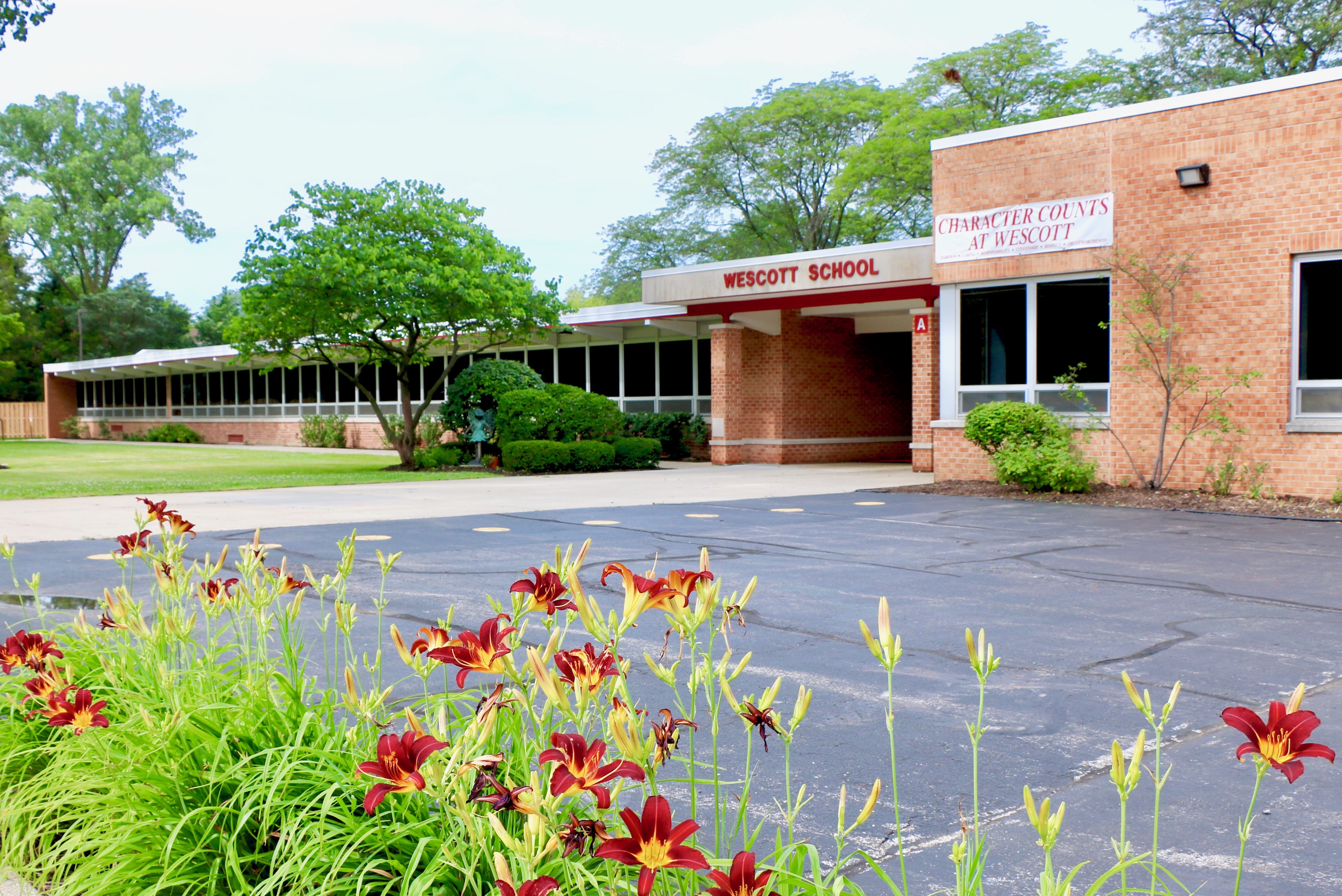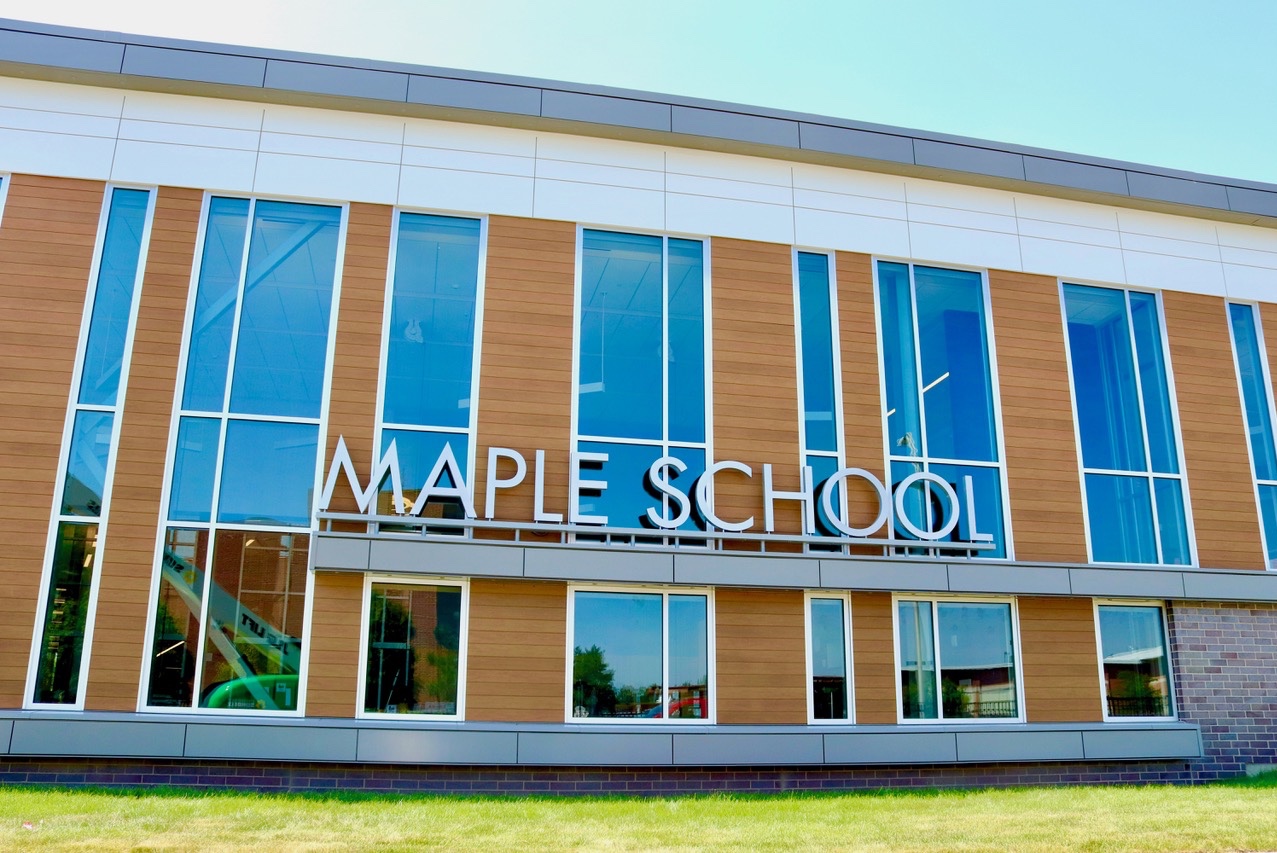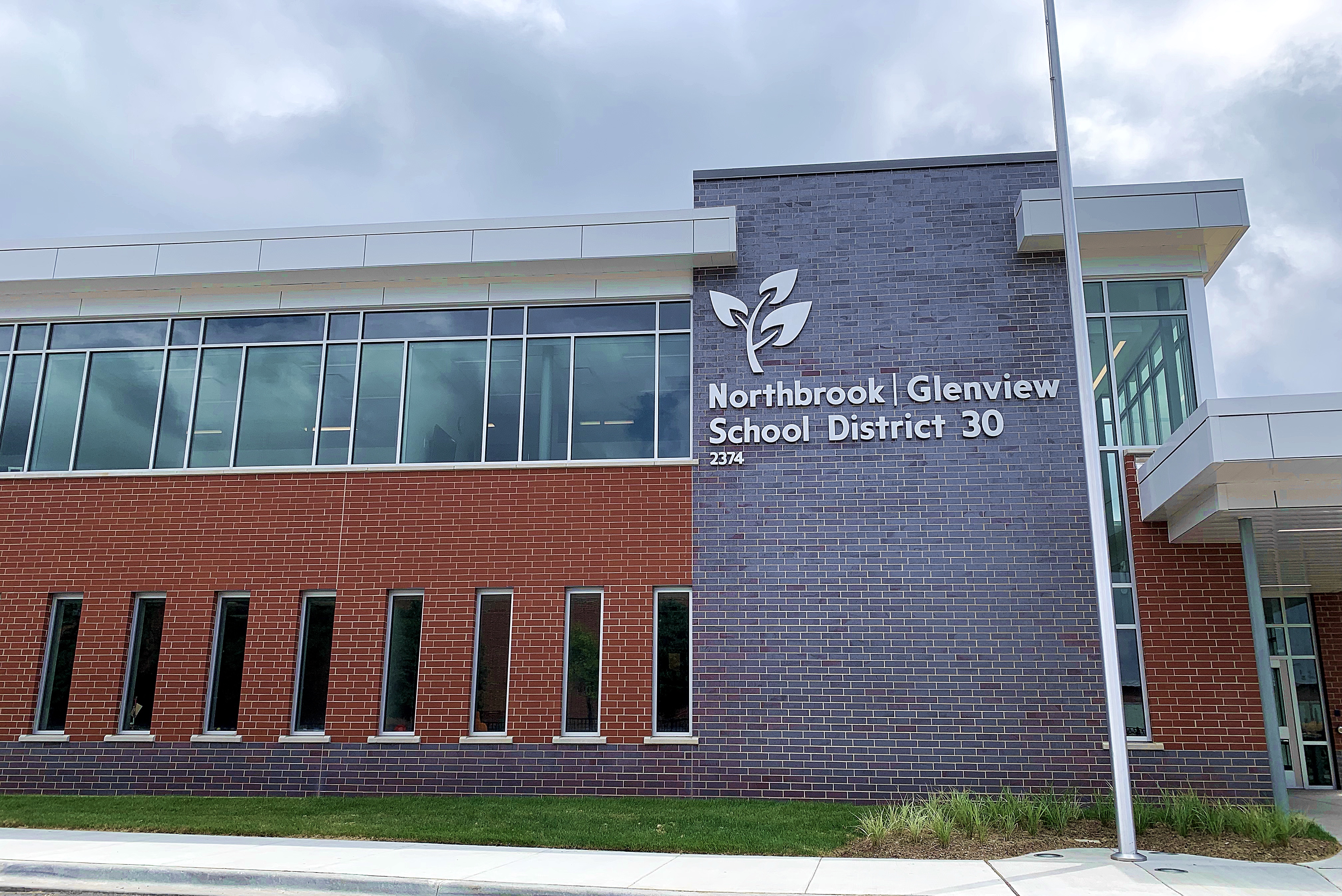Special Education
All schools in Northbrook / Glenview School District 30 have a problem-solving team that meets regularly to address student concerns of parents and teachers. We use a collaborative approach of merging general and special education as a basis for providing services to students who are experiencing difficulty at school. We value parent involvement and work to match student needs with high-quality intervention and progress monitoring, allowing us to make important educational decisions.
Eligibility for Special Education
School District 30 seeks to provide a comprehensive program of special education for those exceptional children beginning at age three.
In order to receive specialized educational services, the student must be diagnosed as eligible. Children are deemed exceptional, according to the following categories:
- Autism
- Deaf/Blindness
- Deafness
- Developmental Delay
- Emotional Disability
- Hearing Impairments
- Intellectual Disability
- Multiple Disabilities
- Orthopedic Impairment
- Other Health Impairment
- Specific Learning Disability
- Speech or Language Impairment
- Traumatic Brain Injury
- Visual Impairment
In District 30, the following procedures are implemented to determine eligibility:
1. Screening/Referral: District 30 actively seeks out and attempts to identify all exceptional children in the district through its preschool screening, vision and hearing screening, and teacher or other professional referral of those children who exhibit problems that interfere with their educational progress or adjustment to the educational setting. Any parent may also request that a student be considered for specialized educational services.
2. Evaluation: The evaluation may include an assessment of the child's learning environment, a review of his/her academic history, an interview with the child, a social developmental and health history, a vision and hearing screening, and an assessment of current educational functioning and achievement. Depending on the nature of the child's difficulties, additional components may be recommended. These may include psychological, speech and language, and other specialized evaluations. The evaluation is linguistically, culturally, racially, and sexually nondiscriminatory and is appropriate to the nature of the problems which caused the referral.
3. Evaluation Conference: Following the evaluation, a conference is held to include the parents, evaluators, classroom teacher, administrator, and other relevant personnel. Testing data and additional information, including the child's classroom behaviors are reviewed, and recommendations as to the best educational program for the child are made. If the student is deemed eligible for special education services, an Individualized Educational Plan (IEP) is developed at this meeting with goals specified for the child. We focus on providing services in the least restrictive environment.
Annual Review
Parents and staff will review the educational status and continued supportive services of each child at least once a year.
Impartial Due Process Hearing
Every effort is made by the district, parents, and other resource personnel to make recommendations that will meet the educational needs of the child. If differences cannot be resolved, the parents or district may request an impartial due process hearing in accordance with the Director of Student Support Services.
Notification regarding Related Service Logs as Student Records
Students with disabilities may receive related services as part of their individual education programs (IEPs). The school district will maintain related service logs that record the type and number of minutes of related service(s) administered to such students. These service logs are considered part of a student’s temporary school record. Copies of the related service logs will be available to parents/guardians at their child’s annual review IEP meeting and anytime upon request of the child’s parent or guardian. The district shall comply with a request for the record without unnecessary delay, in no case, more than 15 business days after the request has been made.
Procedural Safeguards for Parents/Guardians of Students with Disabilities





